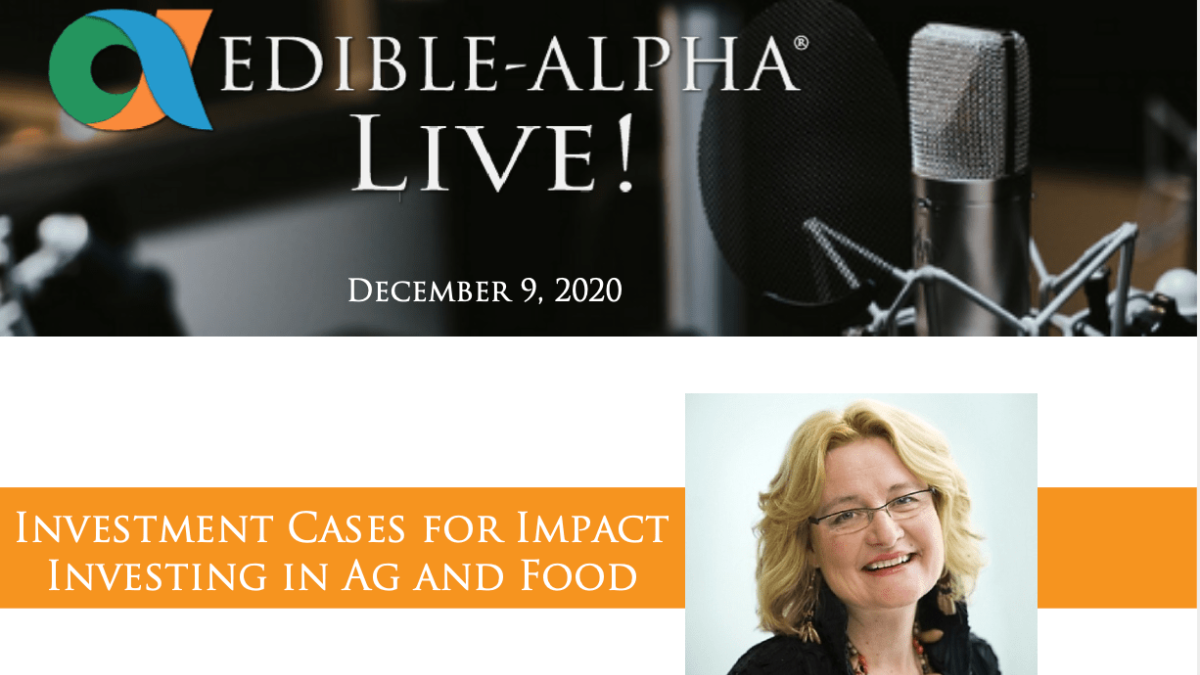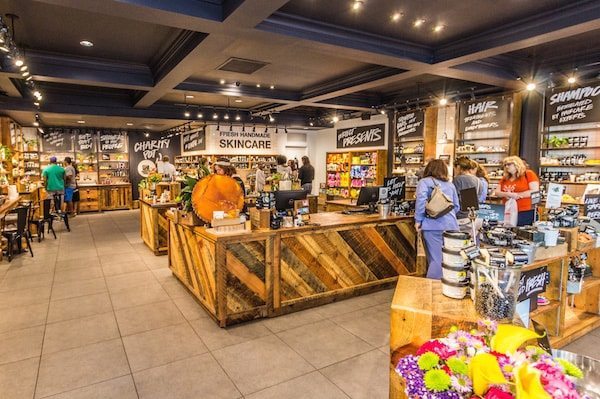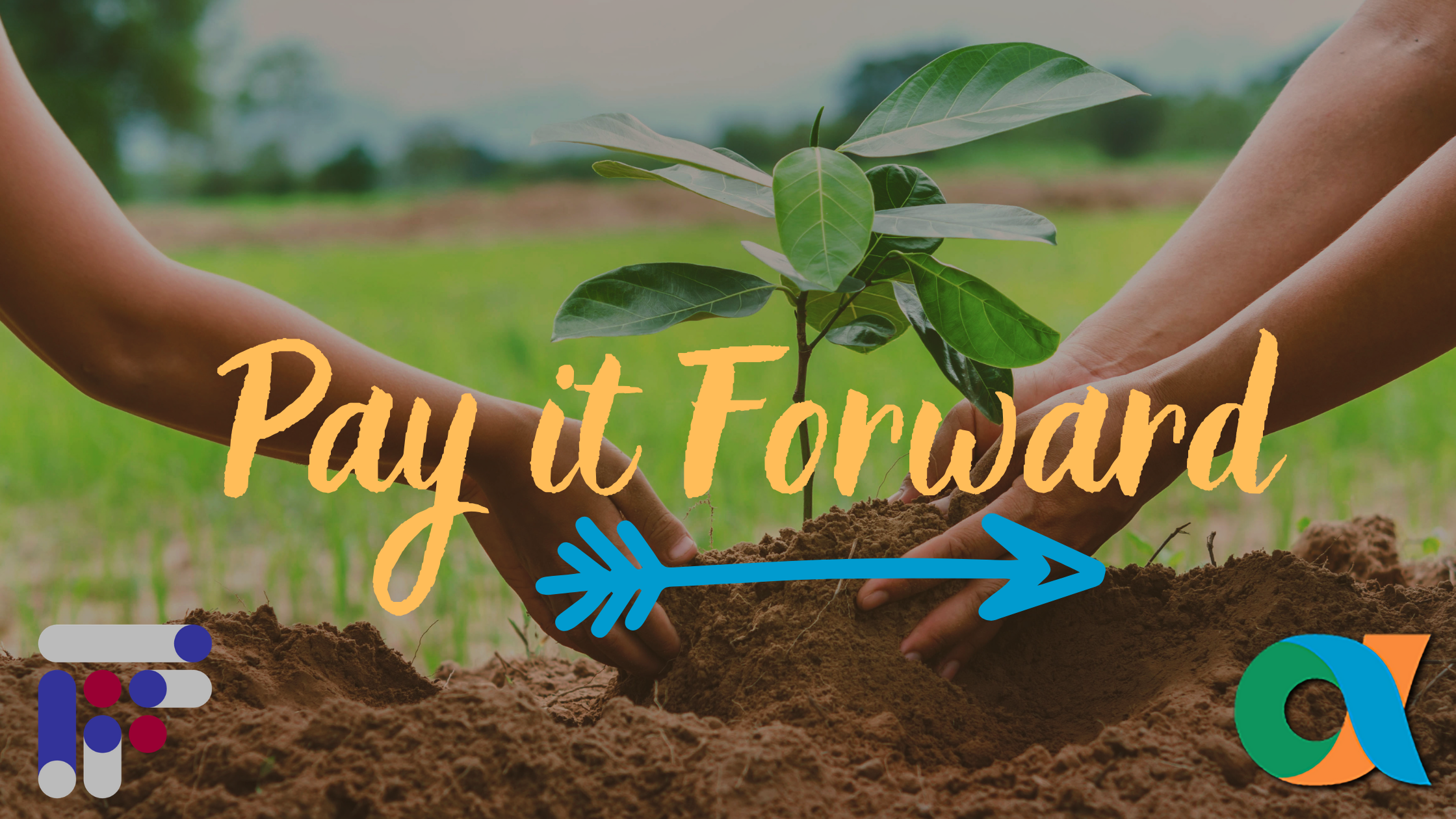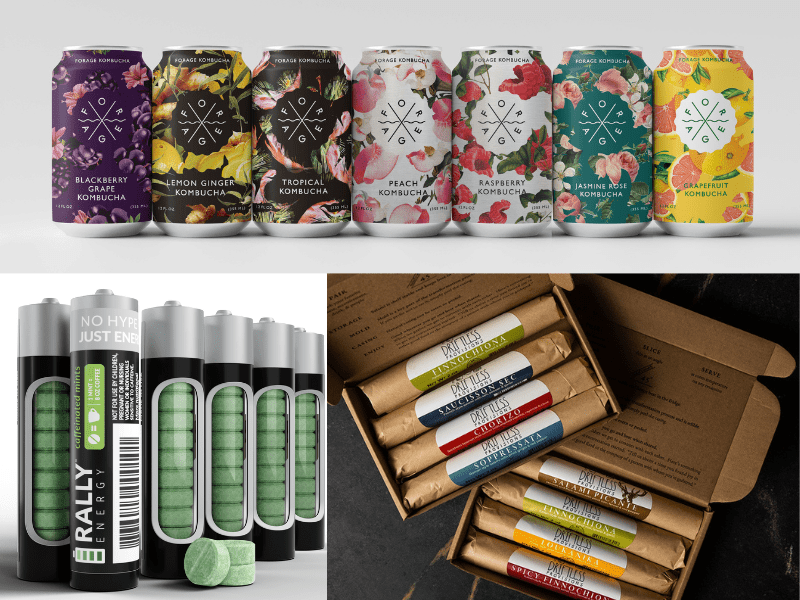After a long delay due to COVID-19, Edible-Alpha® Live! finally happened—virtually—last Wednesday to showcase the many ways impact investing can transform our food system. The event featured lively interviews with pioneering food and agriculture founders, early-look business presentations from up-and-coming innovators and lightning talks from key stakeholders—each illustrating the power and potential of impact investing.
In Tera’s kickoff keynote, she outlined why food and ag entrepreneurs need impact investment now. With the global pandemic exposing supply chain issues and catastrophic weather events making the threat of climate change painfully obvious, farmers, ranchers and even food manufacturers can play a vital role in mitigating the looming peril.
However, myriad misconceptions about these businesses, their founders’ capabilities and what can be achieved are stymying much-needed financial backing. Tera busted these myths one by one, explaining the real potential of mission-driven food and ag enterprises when given the right kind of support.
For investors to truly help these companies and initiatives achieve their impact goals, they may need to shift their mindset, especially if coming from tech, energy or another sector. The food industry is filled with nuances that don’t always jive with conventional investment strategy. The timetables can be much slower than other industries, the growth projections more modest. And when a company’s aim is to make the planet a better place while also making a profit, patience is the operative word for investors.
Also, impact-driven food and ag enterprises are far from cookie cutter. They come in a wide range of business models and employ many different strategies, each with a unique set of funding needs. There are virtual brands that source directly from farmers, for example, as well as “ag in the middle brands” that, out of necessity, have taken on processing on top of growing. There are also food-related social enterprises, organizations working to scale regenerative agriculture, and other distinct business models.
In many cases, these endeavors can secure the same kinds of funding as most businesses or initiatives: SBA loans, government grants, bank loans for specific infrastructure purchases, etc. But they also have other needs that can’t be served by conventional financing alone. Therefore, for impact investors to maximize their support, they must dig in and really learn about each opportunity. From there, they can determine whether their specific asset offerings are the best fit, whether that’s real estate, unsecured working capital, equity in a growing company or another option.
Food and ag entrepreneurs must do their homework too. They should know their business proposition, numbers, needs and mission inside and out and be able to communicate them clearly. Similarly, they should explore what each potential investor has to offer, realizing that they too differ greatly in terms of the support they can extend—and knowing some may not be the right fit. Finally, both founders and investors must map out together what they aim to achieve and agree on tracking metrics.
When working together, there is immense opportunity for impact investors and founders to make a real difference in the world—and to make some real money. It just takes both sides really understanding each other’s needs and wants and becoming partners in a common mission.
Listen to Tera’s keynote here!

The Food Finance Institute “Pay It Forward” scholarship fund is set-up to help the next generation of sustainable farmers and food entrepreneurs to gain the financial know-how they need to succeed. A donation of $250 or more opens the door to the Food Finance Institute’s Boot Camp Financial Training as well as our other business support programs.
Our goal is to raise $10,000 which will provide access to 40 start-up businesses to attend the Food Finance Institute’s programs.
Please consider making a donation to “pay it forward” today! Donate here.
And now, our roundup of the best food and beverage finance news, events and resources from around the web…

Business Model Insights
- Promise of vaccine brings calls to not return to business as usual by retailers, CPG manufacturers (FoodNavigator-USA)
While certain aspects of business will return to “normal,” some pandemic-prompted changes should last, such as greater cooperation among teams and deeper connections with consumers. - Recalibrating for Diminished Growth: Resolutions for 2021 (Nielsen Insights)
- What the natural products industry learned from 2020—and how to apply it in 2021 (New Hope Network)

Raising Capital
- What’s a convertible note and who’s it good for? (New Hope Network)
How investors view and handle convertible debt has changed over the last few years, meaning entrepreneurs should proceed cautiously. - Traditional Funding Sources Are Drying up for Small Businesses (Forbes)
- Astanor Ventures launches $325M Impact Fund aimed at food tech and ag tech startups (TechCrunch)
CPG/National Brands
- 6 trends for successful customer relationships in 2021 (New Hope Network)
Find out which developments in customer and data management are accelerating, what the new trends are and how businesses can stay ahead. - Startup food brands are getting creative with sampling (Modern Retail)
- Promotions Run Flat in Food Retail as Year Winds Down (Progressive Grocer)

Market Trends
- New Year, New Cart: The Tastes and Trends of 2021 (Instacart)
Instacart grocery purchase trends and consumer survey data reveal five key shifts in shopping behavior, buying preferences and food attitudes nearly a year into the pandemic and heading into 2021. - Consumer survey shows sustained online grocery shopping habits across generations (New Hope Network)
- Why natural colors are poised to pop in 2021 (Food Dive)

Farming and AgTech
- Biden vows to pay farmers to plant cover crops and put land in conservation (Successful Farming)
“The government will help farmers mitigate climate change by paying them to ‘put their land in conservation’ and plant cover crops, said President-elect Biden, providing some details on his campaign call to offset greenhouse gas emissions from agriculture.” - Biden’s choice to lead USDA is sparking a broad backlash. Here’s why. (The Counter)
- Wisconsin dairy farmers returning to their roots (Wisconsin State Journal)

Deals/M&A
- Food waste to indoor farming input: Re-Nuble raises $1.1m seed funding (HortiDaily)
Re-Nuble’s core technology upcycles organic compounds from unrecoverable vegetative food waste, generating water-soluble, organic hydroponic nutrients for soilless farms. - KIND Snacks Acquires Nature’s Bakery (Progressive Grocer)
- How could food industry M&A take shape in 2021? (Just Food)

Virtual events
- Edible-Alpha® Consultant Huddle: 12/21 at 1 p.m. CST
- Edible-Alpha® Consultant Huddle: 1/4 at 1 p.m. CST
- FFI Scaler Series: Sales & Distribution Planning Workshop: 1/14
- Dairy Strong: 1/19–1/21
- Digital Food & Beverage Virtual Event: 1/20 –1/21
- International Production & Processing Expo: 1/25–1/29
- PLMA Live! Presents Private Label Week: 2/1–2/5
- FFI Scaler Series: Marketing & Branding Planning Workshop: 2/4
- AFFI-CON 2021: Accelerating Growth with Frozen Ingredients: 2/17–2/26
- FFI Scaler Series: Operations & Organization Planning Workshop: 2/24



